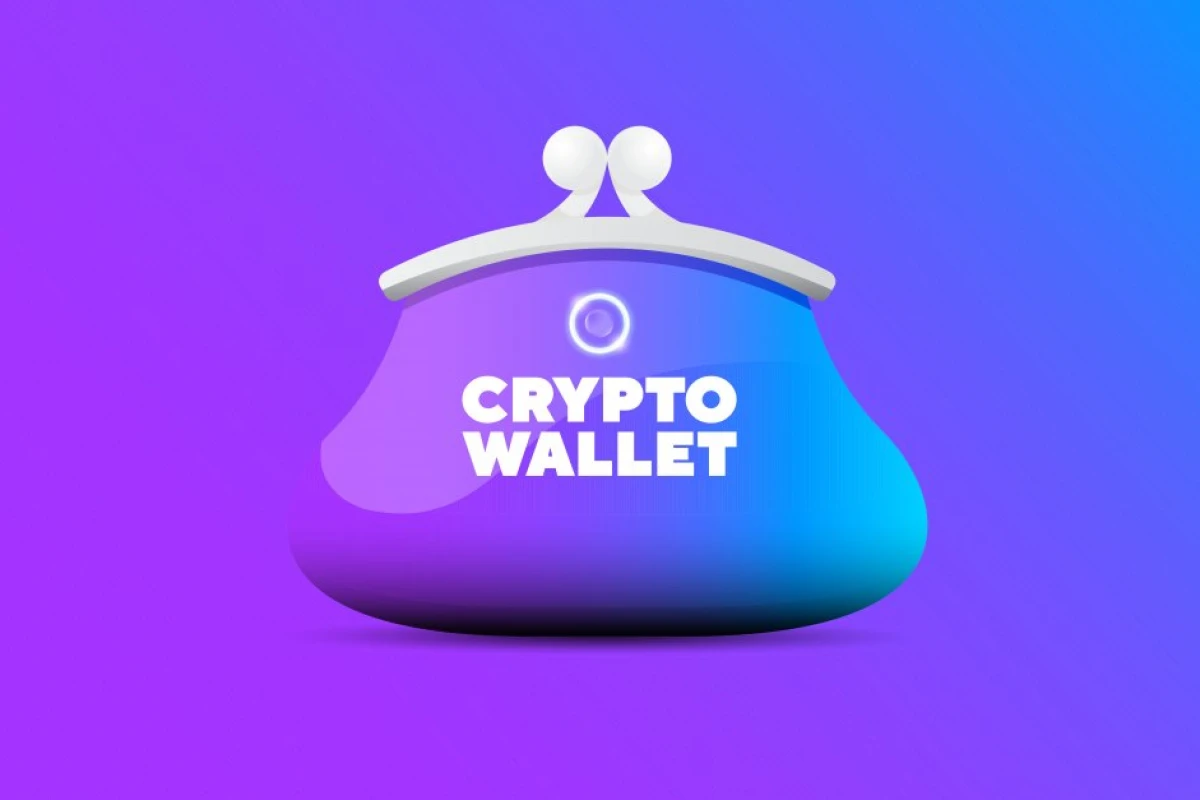
How to Protect Your Crypto Capital Using Hardware Wallets
Cryptocurrency is rapidly changing the financial world, offering tremendous opportunities for investors. However, with profits come risks: cryptocurrencies are a tempting target for hackers and fraudsters. One of the most reliable ways to protect your digital assets is by using hardware wallets. In this article, we will explore how they work, their advantages, and the latest developments in this field.
What is a Hardware Wallet?
A hardware wallet is a physical device designed to store your cryptocurrency private keys. Unlike online wallets where private keys are stored on the internet, hardware wallets operate offline, providing protection against hacking, breaches, and phishing schemes.
These wallets are autonomous devices that only connect to a computer or smartphone when making transactions. They have their own screen and buttons, allowing you to confirm transactions directly on the device, adding an extra layer of security.
Advantages of Hardware Wallets
Maximum security: The main advantage of a hardware wallet is that it keeps your private keys isolated from the internet. They are never online, significantly reducing the risk of hacks or theft.
Virus protection: Even if your computer is infected with malware, your private keys remain inaccessible to viruses since they are stored only on the device.
Ease of use: Most modern hardware wallets have an intuitive interface and are suitable for both beginners and experienced investors.
Support for multiple cryptocurrencies: One hardware wallet can support dozens or even hundreds of different cryptocurrencies, making it a versatile tool for investors.
Physical protection: Since physical access to the wallet is required to make a transaction, your assets are better protected. Even if your account is hacked, without the device, hackers won’t be able to execute transactions.
How Does a Hardware Wallet Work?
A hardware wallet generates and stores your private keys on the device. To make a transaction, you connect the wallet to a computer or smartphone and confirm the operation using the buttons on the device itself.
During each transaction, the hardware wallet uses your private keys to sign the transaction, but these keys never leave the device. After that, the transaction is sent to the blockchain through the connected computer or smartphone.
Latest Innovations in Hardware Wallets
Technology in the world of hardware wallets is evolving rapidly. Here are some of the latest devices attracting the attention of crypto investors:
Ledger Stax: One of the most anticipated new wallets from Ledger. It features an innovative design with a rotating touch screen and supports a wide range of cryptocurrencies. The Stax uses electronic ink (e-ink), which consumes minimal energy and can operate for a long time without recharging.
Trezor Model T: The updated version of the popular Trezor wallet with a color touchscreen. It is easy to use, supports a wide variety of cryptocurrencies, and integrates with different software wallets.
Ellipal Titan: This wallet is known for its completely wireless connection and durable metal casing, making it resistant to physical damage. The Titan is also an "air-gapped" device, meaning it has no connection to the internet or Bluetooth, providing an additional level of security.
Ngrave Zero: One of the most secure hardware wallets on the market, positioned as "designed for the highest level of security." The Zero is completely isolated from the internet and uses QR codes for transactions, ensuring maximum protection from hacking.
How to Choose a Hardware Wallet?
Choosing a hardware wallet depends on your needs. If compactness and versatility are important to you, consider the Ledger Nano S Plus or Trezor One. If you're looking for the highest level of security, the Ngrave Zero or Ellipal Titan might be the perfect option.
Also, consider the following factors:
- Cryptocurrency support: Does the wallet support the cryptocurrencies you own?
- Interface: Is it user-friendly?
- Price: Hardware wallets come in various price ranges. Choose one that fits your budget, but don't skimp on security.
Why a Hardware Wallet is a Must-Have for Crypto Investor?
Security in the world of cryptocurrencies is the number one priority. Hardware wallets are the ideal balance between ease of use and maximum protection. If you invest in cryptocurrency, using a hardware wallet is not a luxury but a necessity.
Hackers are constantly finding new ways to breach exchanges and online wallets, but with a hardware wallet, you can be sure that your private keys will never fall into the wrong hands. It is the best way to protect your assets and ensure the security of your funds.

